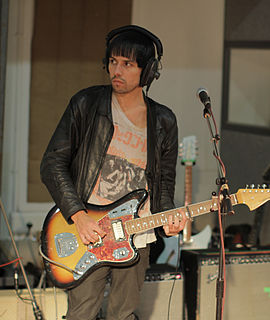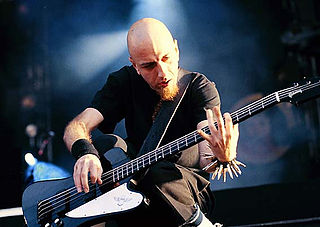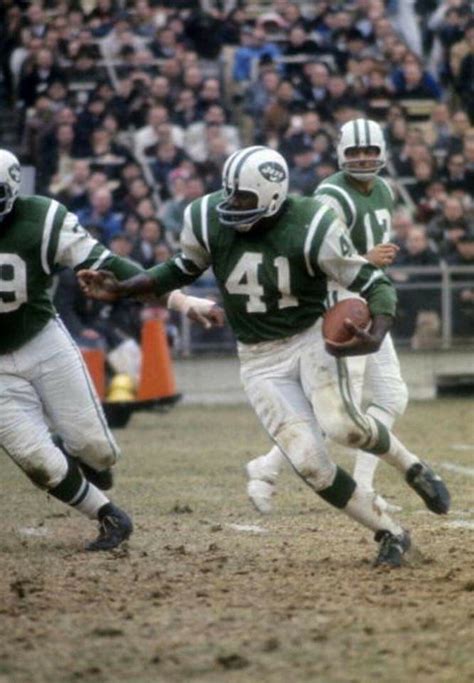A Quote by Anthony Fantano
A lot of bands change, and a lot of bands break up, but only a few grow.
Related Quotes
I think there are plenty of good bands out there, but the great bands aren't affected by what's going on around them, trends and all that and competing with other bands and wanting to be the biggest, we find that happens a lot. Bands look at other bands and think: that's what I want, you know? I think that remaining.
I think the whole concept behind lyrics is you better mean what you say, or you should like, become a storyteller. I mean, there's a lot of bands who are just storytellers, and then there are bands who actually have something valid to say. And the bands who have valid points are few and far between.



































